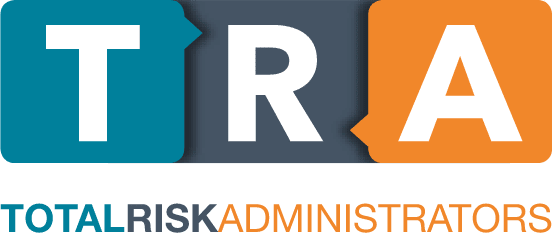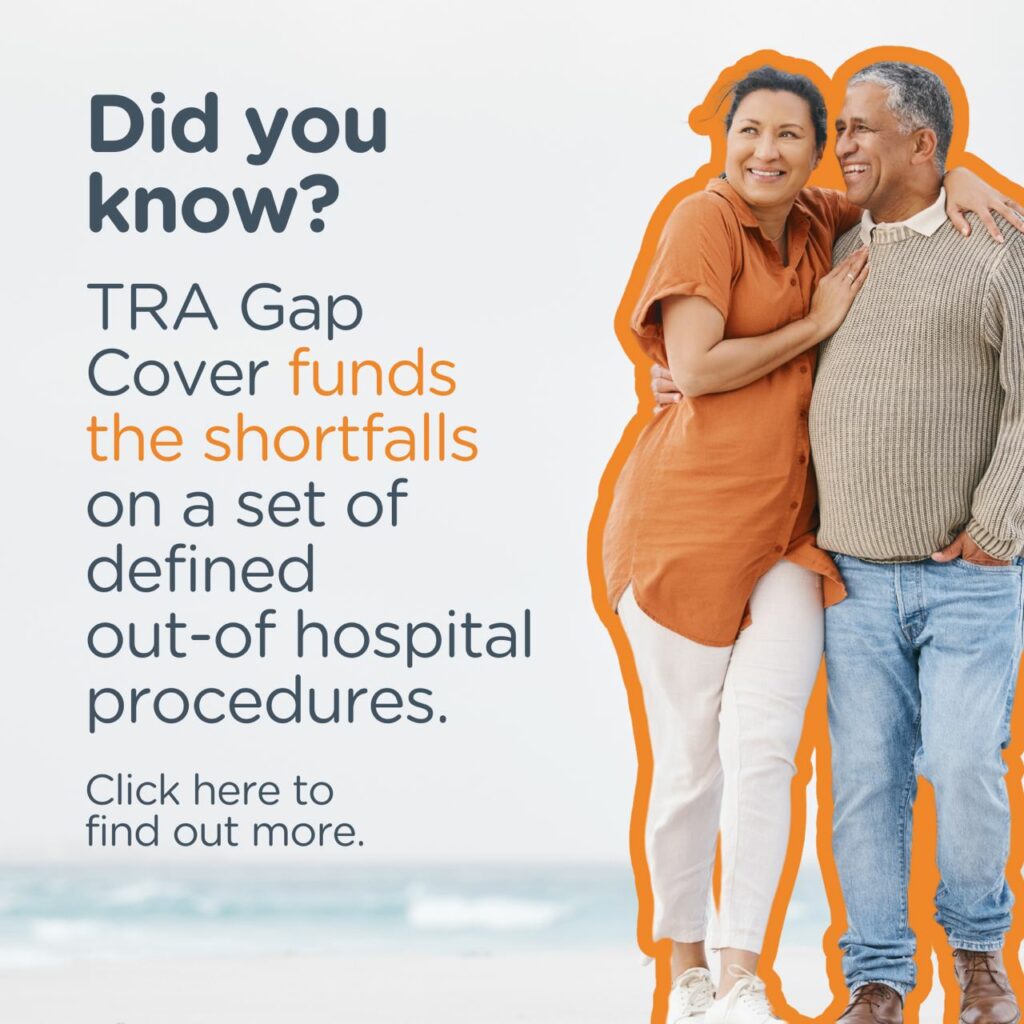The physiological impact that stress has on our bodies, triggers our primal fight or flight stress response. When there is constant stressing in our daily lives, our response stays active and puts excess strain on our bodies. It’s no surprise that we are increasingly hearing about people suffering from heart disease, stroke, cancer, diabetes and more because consistent stress can contribute to these illnesses in several ways:
Increased heart stress and blood pressure
According to the World Heart Federation, the proportion of cardiovascular-related deaths in South African women aged 35 – 39 is one and a half times more likely than that of women in the United States.
Increased blood clotting:
Blood clots can prevent the free flow of blood throughout your body. When you are stressed over time, the increase in blood clotting and sticky platelets in your blood can also lead to strokes and heart attacks.
Decreased immunity:
Under stress, your immune system is suppressed. Over time, the reduction in your immunity can lead to cancer, infections and other serious diseases.
Suppressed digestion:
If you are consistently stressed, your digestive system can be suppressed which can lead to weight gain, digestive disturbances and even obesity.
There are many different ways in which you can combat and relive stress, which in turn will leave you healthier and happier. Look at the list below:
Exercise:
Regular exercise can help lower stress and anxiety by releasing endorphins and improving your sleep and self-image.
Supplements:
Certain supplements can reduce stress and anxiety, including omega-3 fatty acids, green tea and lemon balm.
Reduce Caffeine intake:
High quantities of caffeine can increase stress and anxiety. However, people’s sensitivity to caffeine can vary greatly.
Deep Breathing:
Deep breathing activates a relaxation response. There are many methods that can help you learn how to breathe deeply, such as meditation and yoga exercises.
If the above ways to reduce stress do not work, talk to your healthcare Practitioner about other options which can be explored, in order to keep yourself healthy and stress-free.
For information on what we have to offer, visit our gap cover insurance page.
References:














